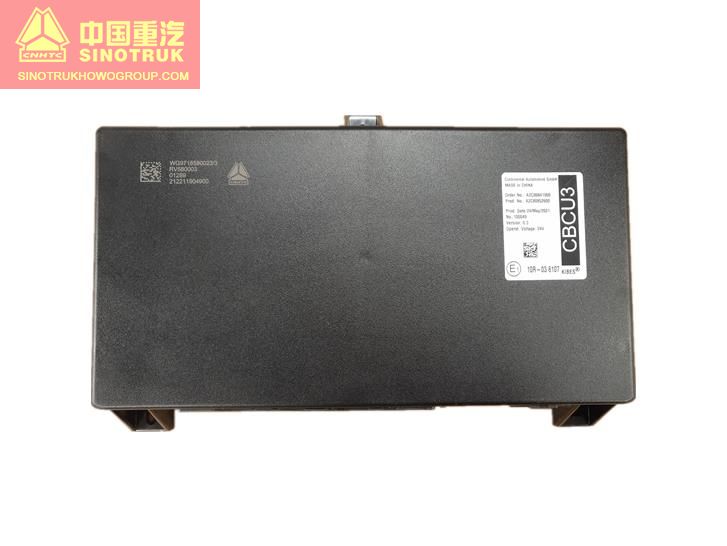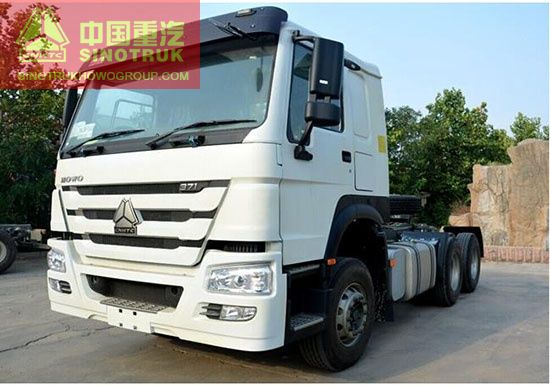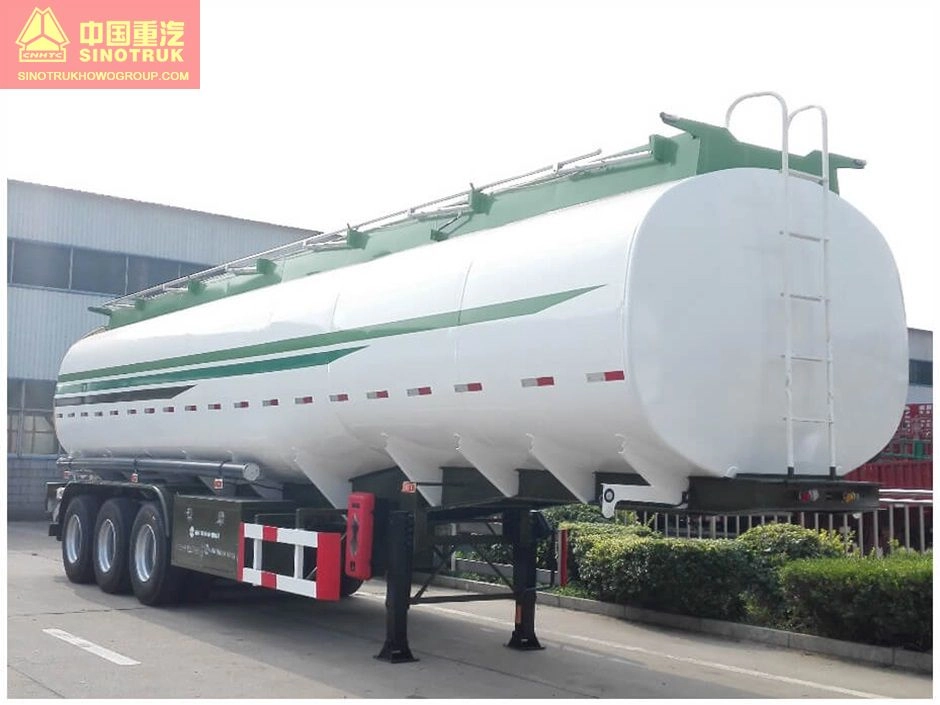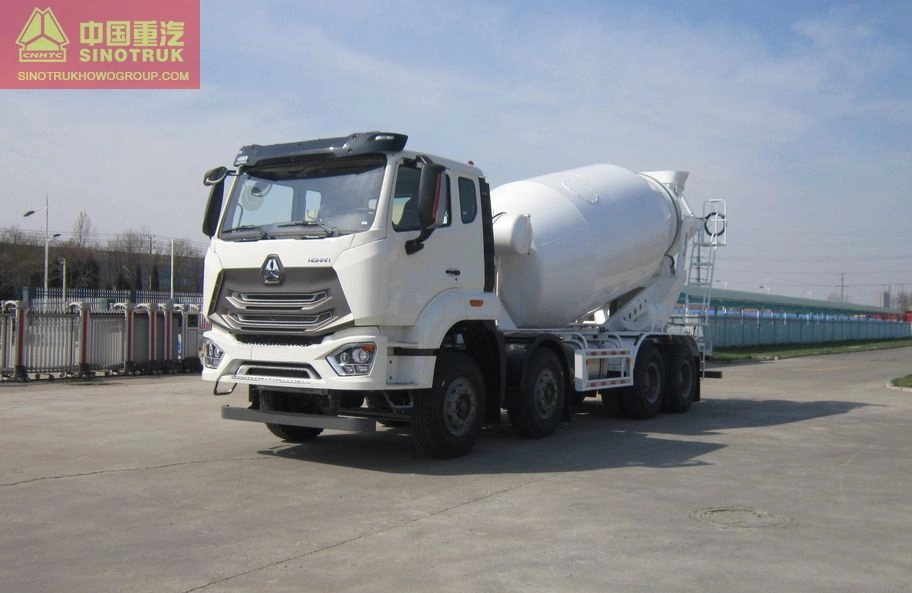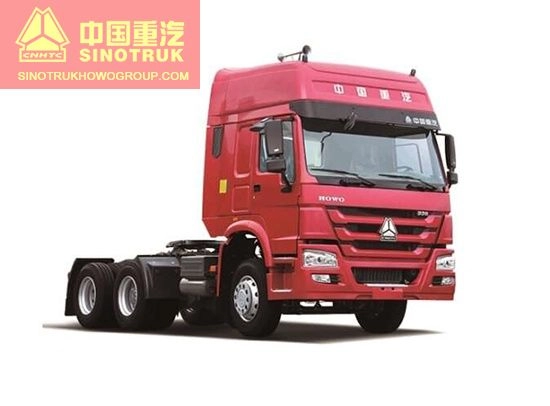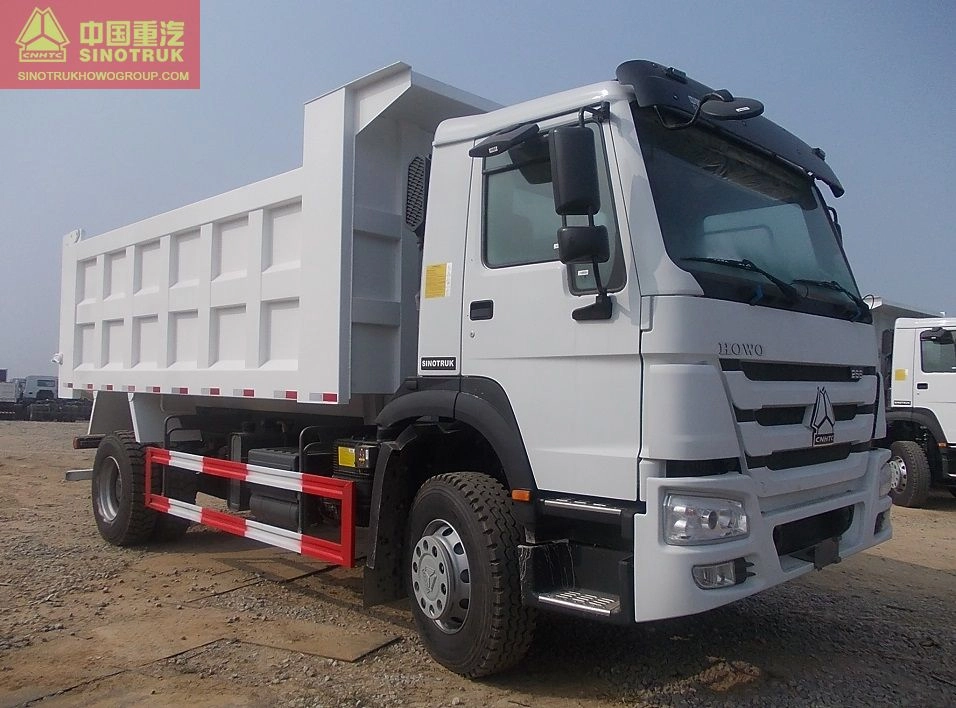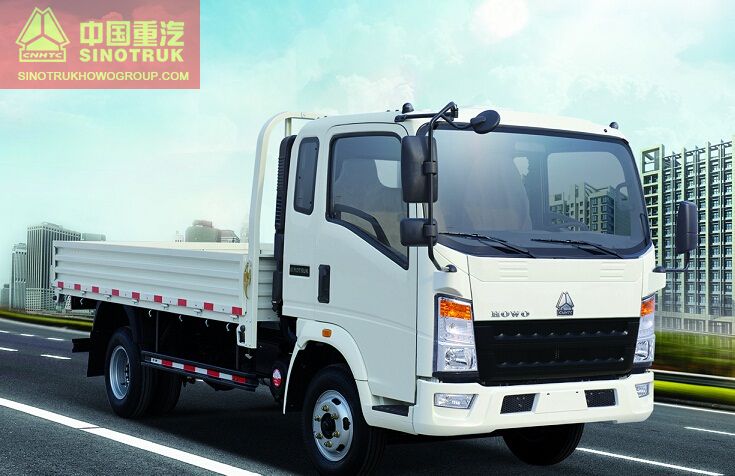truck concrete mixer,truck concrete mixer drum
- Release time:05-05-2024
- Source:Sinotruk HOWO
Catalog overview:
1. Understanding the Truck Concrete Mixer
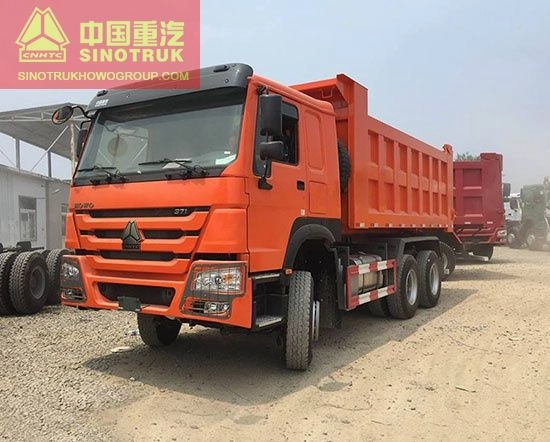
A truck concrete mixer, also known as a cement mixer, is a vital piece of machinery in the construction industry. It is a specialized vehicle designed to transport and mix concrete, ensuring it remains in a workable state until it is poured at the construction site. The truck's drum, rotating in a clockwise and counterclockwise motion, keeps the concrete from setting while on the move.
2. Functionality and Design
The heart of a truck concrete mixer is its rotating drum, typically made of steel, which is divided into two sections. The first section, towards the front, is conically shaped to facilitate the loading of materials. The second, at the rear, is cylindrical to allow for the mixing action. When the drum rotates clockwise, the concrete is mixed, and when it rotates counterclockwise, the concrete is discharged. This unique design ensures a continuous flow of ready-to-use concrete.
3. Key Components and Operation
In addition to the drum, a truck concrete mixer consists of several other components, including the power unit, transmission system, and control panel. The power unit, usually a diesel engine, supplies the energy needed to rotate the drum. The transmission system transfers this power, while the control panel allows the operator to manage the speed and direction of the drum rotation.
4. Importance and Applications
The efficiency and mobility of truck concrete mixers make them indispensable in large-scale construction projects, from building bridges and skyscrapers to constructing roads and residential complexes. They eliminate the need for manual mixing, saving time and labor. For instance, during the construction of the Burj Khalifa, the world's tallest building, truck concrete mixers played a crucial role in delivering high-quality concrete to great heights.
5. Maintenance and Safety Considerations
Proper maintenance is crucial for the longevity and optimal performance of a truck concrete mixer. Regular cleaning, lubrication, and timely repairs are necessary to prevent wear and tear. Safety is also paramount, as the machine operates under high pressure and with heavy loads. Operators must be trained and follow strict safety guidelines to avoid accidents.
Conclusion
the truck concrete mixer is a powerful tool in the construction arsenal, streamlining the process of delivering fresh concrete to job sites. Its design, operation, and importance in construction projects are testament to its indispensable role in modern construction. Whether it's a small-scale residential project or a grand infrastructure development, a well-maintained and safely operated truck concrete mixer is key to ensuring project success.
truck concrete mixer drum
Introduction to Truck Concrete Mixers

Truck concrete mixers, also known as cement mixers, are indispensable equipment in the construction industry, playing a pivotal role in the transportation and mixing of concrete. These vehicles are specifically designed to ensure that the concrete remains in a workable state during transportation from the batching plant to the construction site.
Functionality and Design
At the heart of a truck concrete mixer is the drum, a large, rotating cylinder that combines and mixes the concrete components. The drum is made of sturdy materials like steel to withstand the harsh conditions of the construction environment. It is divided into two sections: the charging end and the discharge end. The charging end loads the raw materials—water, aggregates, sand, and cement—while the rotation of the drum at a specific speed blends these ingredients into a homogenous mixture.
The Importance of Proper Drum Maintenance
Maintaining the drum is crucial for optimal performance. Regular cleaning prevents the build-up of concrete residue, which can affect the drum's efficiency. timely inspections for wear and tear can prevent costly repairs. For instance, a study by the National Ready Mixed Concrete Association highlights the significance of drum maintenance in extending the lifespan of the mixer truck.
Types and Applications
Truck concrete mixers come in various sizes and types, ranging from small mixers for residential projects to large, heavy-duty models for large-scale construction. The choice depends on the project's scale and the distance from the batching plant. For example, a small construction site in a remote area might require a smaller, more maneuverable mixer, while a large-scale city project would need a larger capacity truck.
Advancements and Innovations
With technological advancements, modern truck concrete mixers now feature advanced control systems, automated loading, and GPS tracking for better efficiency and precision. Companies like Liebherr and Putzmeister have introduced hybrid mixers that reduce fuel consumption and emissions, demonstrating the industry's commitment to sustainability.
The Indispensable Role of Truck Concrete Mixers
truck concrete mixers are more than just vehicles; they are integral to the construction process. Their efficiency, versatility, and technological advancements make them indispensable tools in the modern construction landscape. Whether it's a small-scale project or a towering skyscraper, the role of these robust machines cannot be understated. Proper maintenance, selecting the right type, and embracing innovation ensure the smooth operation and success of any construction endeavor.
truck concrete mixer parts
Introduction to Truck Concrete Mixers and Their Vital Components
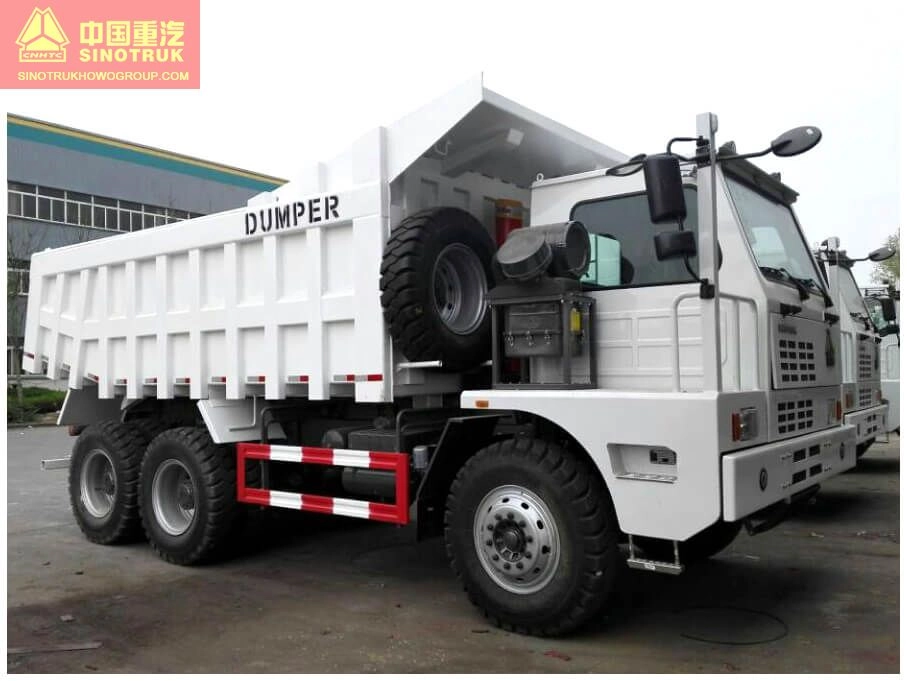
Truck concrete mixers, often referred to as cement mixers, are indispensable machines in the construction industry, playing a crucial role in delivering fresh, workable concrete to sites. These robust vehicles are designed to mix concrete during transportation, ensuring the mixture remains in a fluid state until it's ready for use. This article delves into the key parts of a truck concrete mixer, highlighting their functions and importance.
The Heart of the Machine: Drum
The drum is the primary component of a truck concrete mixer. It's a large, rotating cylinder that holds the concrete mixture. The interior of the drum is ribbed, creating a spiral pattern that moves the concrete up as the drum rotates one way and down as it turns the other, mixing the ingredients thoroughly. A well-maintained drum ensures the concrete is consistently mixed, preventing segregation and maintaining its quality.
The Driving Force: Chassis and Transmission
Mounted on a robust chassis, the truck concrete mixer's engine and transmission power the drum's rotation. The engine supplies the necessary energy, while the transmission transfers this power to the drum, allowing it to mix the concrete effectively. The chassis also supports the mixer's weight and accommodates additional components like the water supply system and control panel.
The Precision Players: Control System and Hydraulics
The control system governs the mixer's operations, from the drum's rotation speed to the discharge of the concrete. It's often integrated with hydraulic components, which facilitate smooth and precise movements. The hydraulic system enables the operator to control the drum's rotation, tilt angle for discharging, and even the mixer's steering, ensuring efficient and safe handling on site.
The Supporting Cast: Ancillary Equipment
Supporting the main components are ancillary equipment such as the water tank, pumps, and distribution system. These ensure the correct water-to-cement ratio, crucial for the concrete's consistency and strength. The discharge chute and blades, meanwhile, assist in guiding the concrete out of the drum and mixing it evenly.
The Importance of Each Part in a Seamless Operation
Each part of a truck concrete mixer works in harmony to deliver a vital service in construction. From the drum's mixing action to the precision of the control system and the support of ancillary equipment, every component contributes to the efficiency and quality of the final product. Understanding these parts and their functions is essential for maintaining and operating a truck concrete mixer effectively, ensuring that construction projects run smoothly and deadlines are met.

